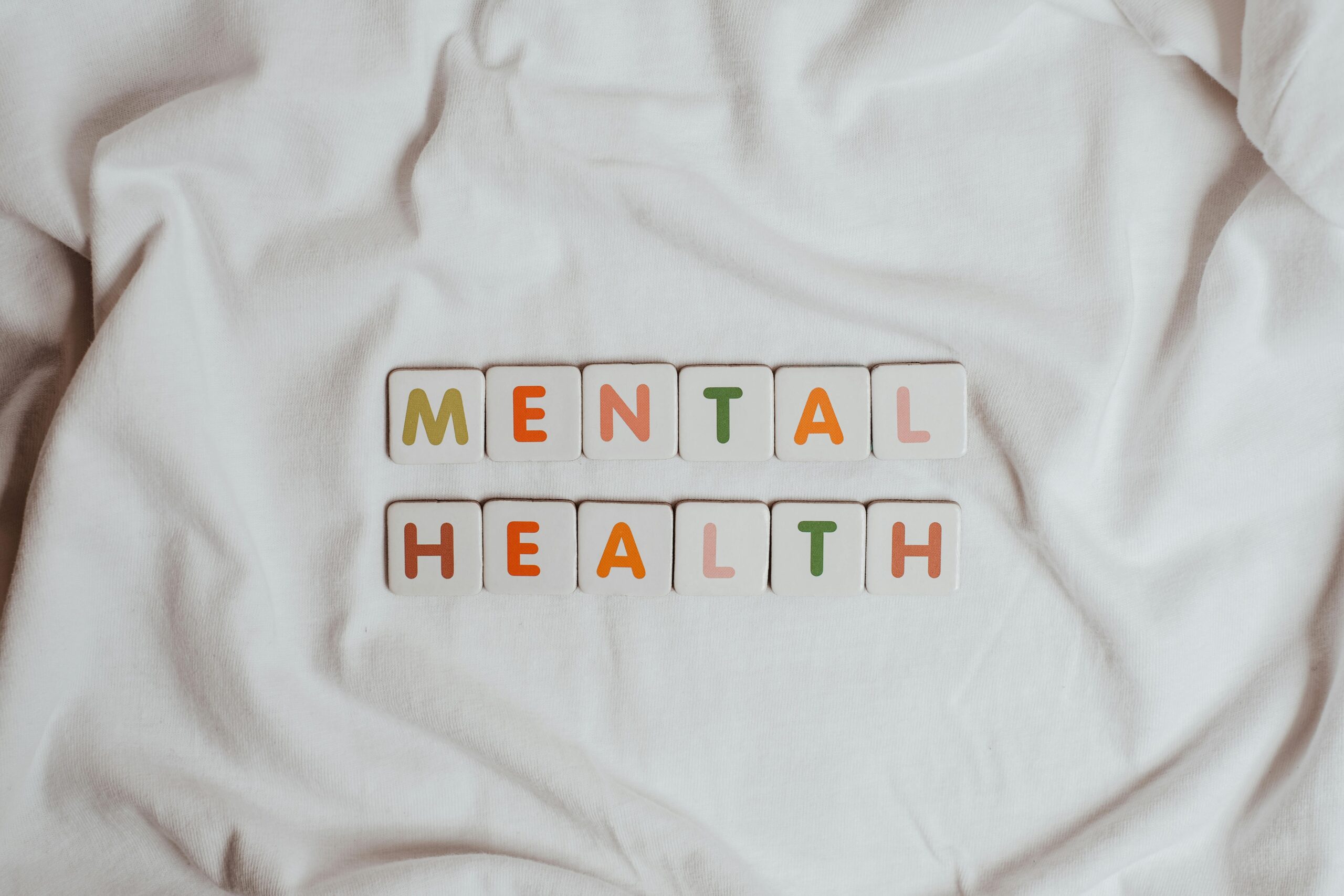Artificial Intelligence (AI) is no longer a concept of the future; it’s a reality that’s rapidly transforming various aspects of our lives, including mental health care. From chatbots offering instant support to advanced algorithms that predict mental health crises, AI is revolutionizing the way we understand, diagnose, and treat mental health conditions. But what exactly is AI doing to change the landscape of mental health, and what does this mean for the future of care? Let’s explore how AI is making a difference in this critical field.
1. Personalized Mental Health Support
One of the most significant ways AI is changing mental health care is by offering personalized support that was previously unimaginable. Traditional mental health care often follows a one-size-fits-all approach, which can be limiting since each individual’s mental health journey is unique. AI is helping to bridge this gap by providing tailored interventions based on individual needs and behaviors.
For instance, AI-driven apps can analyze a user’s behavior patterns, such as sleep, activity levels, and communication habits, to identify potential mental health issues. These apps can then offer personalized advice, coping strategies, and even mood-boosting activities based on the data collected. This level of personalization allows for more targeted and effective mental health support, helping individuals manage their mental health in a way that suits them best.
2. Early Detection of Mental Health Issues
AI has the potential to revolutionize the early detection of mental health issues, which is crucial for effective treatment. By analyzing vast amounts of data, AI can identify subtle changes in behavior, speech patterns, and social interactions that may indicate the onset of a mental health condition. This kind of analysis can be particularly valuable for conditions like depression and anxiety, where early intervention can significantly improve outcomes.
For example, some AI tools are designed to monitor social media activity and detect signs of depression or suicidal thoughts based on the language and tone used in posts. These tools can then alert the individual or a designated caregiver, allowing for timely intervention. Early detection through AI not only helps in providing immediate support but also reduces the risk of mental health conditions worsening over time.
3. Accessible Mental Health Care
Accessibility is a major barrier in traditional mental health care, with many individuals unable to access the support they need due to geographic, financial, or social constraints. AI is helping to make mental health care more accessible to everyone, regardless of location or resources.
AI-powered chatbots, for example, provide immediate, 24/7 support to individuals in need. These chatbots can offer guidance, suggest coping strategies, and even provide cognitive-behavioral therapy (CBT) techniques in real-time. For those who may not have access to a mental health professional, these AI tools offer a valuable resource for managing their mental health.
Moreover, AI-driven platforms often come at a lower cost than traditional therapy, making mental health care more affordable. By breaking down these barriers, AI is helping to ensure that more people have access to the mental health support they need when they need it.
4. Enhancing Professional Mental Health Care
AI is not only providing support directly to individuals but also enhancing the work of mental health professionals. By automating routine tasks and providing data-driven insights, AI allows therapists and counselors to focus more on their patients and less on administrative work.
For example, AI can analyze therapy sessions, identifying key themes and emotions in a patient’s speech. This analysis can provide therapists with valuable insights that may not be immediately apparent, helping them to better understand their patients and tailor their treatment approaches accordingly. AI can also assist in scheduling, patient follow-ups, and tracking progress, making the overall care process more efficient.
In addition, AI is being used in research to develop new treatment methods and improve existing ones. By analyzing large datasets from clinical trials and patient records, AI can identify patterns and correlations that might not be visible to human researchers. This can lead to the discovery of new therapies and interventions that can improve mental health care outcomes.
5. Reducing Stigma Around Mental Health
Despite increasing awareness, stigma around mental health issues persists, preventing many people from seeking the help they need. AI is playing a role in reducing this stigma by normalizing conversations about mental health and providing anonymous support options.
For instance, AI-driven mental health apps allow users to seek help without fear of judgment or exposure. These platforms offer a safe space where individuals can explore their mental health, learn about different conditions, and access resources without the stigma often associated with traditional mental health care settings. As more people engage with these AI tools, mental health becomes a more normalized and accepted topic of discussion.
AI is also helping to spread awareness and education about mental health through various channels, including social media and online communities. By providing accurate information and encouraging open dialogue, AI is contributing to a broader cultural shift towards acceptance and understanding of mental health issues.
Final Thoughts
AI is undoubtedly changing the way we approach mental health, offering new possibilities for personalized care, early detection, and increased accessibility. While it’s not a replacement for human interaction and professional care, AI serves as a powerful complement, enhancing the mental health care system and making support more available to those who need it. As AI continues to evolve, we can expect even more innovations that will further improve the way we understand, manage, and treat mental health. Embracing these advancements can help create a future where mental health care is more effective, inclusive, and compassionate for everyone.

